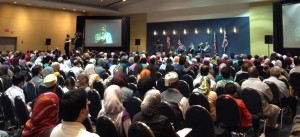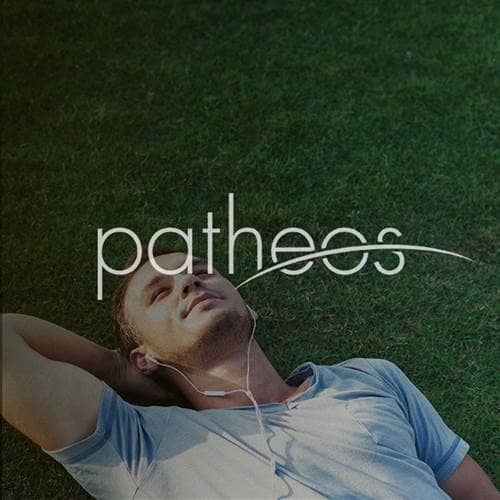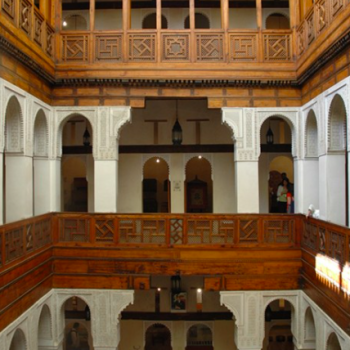- Trending:
- Pope Leo Xiv
- |
- Israel
- |
- Trump
- |
- Social Justice
- |
- Peace
- |
- Love
The UnMosqued Movement and the Future of American Islam
 Why has Unmosqued become a trending topic among American Muslims? The recent documentary, Unmosqued, and the growth of "third spaces" (alongside home and mosque), point to a growing phenomenon in the American Muslim community: many young adults increasingly feel left out of their local mosques. Many feel that mosques are oriented more toward the immigrant communities who founded them, rather than toward today's young adults looking for a place to worship. Common concerns include lack of worship space for women and children, khutbas (sermons) that don't address current issues, and a focus on traditions and ideas that may seem out-dated to younger members of the community.
Why has Unmosqued become a trending topic among American Muslims? The recent documentary, Unmosqued, and the growth of "third spaces" (alongside home and mosque), point to a growing phenomenon in the American Muslim community: many young adults increasingly feel left out of their local mosques. Many feel that mosques are oriented more toward the immigrant communities who founded them, rather than toward today's young adults looking for a place to worship. Common concerns include lack of worship space for women and children, khutbas (sermons) that don't address current issues, and a focus on traditions and ideas that may seem out-dated to younger members of the community.
How should we respond to this challenge: Do we focus on rethinking the mosque experience? How do we do so while respecting the elders who got us this far? How do women, children, and those with special needs fit into the picture? How do we go from Mosqued to UnMosqued to Remosqued? Or does the future of the American Muslim community hold space for both mosques and alternative third spaces?
Share:










